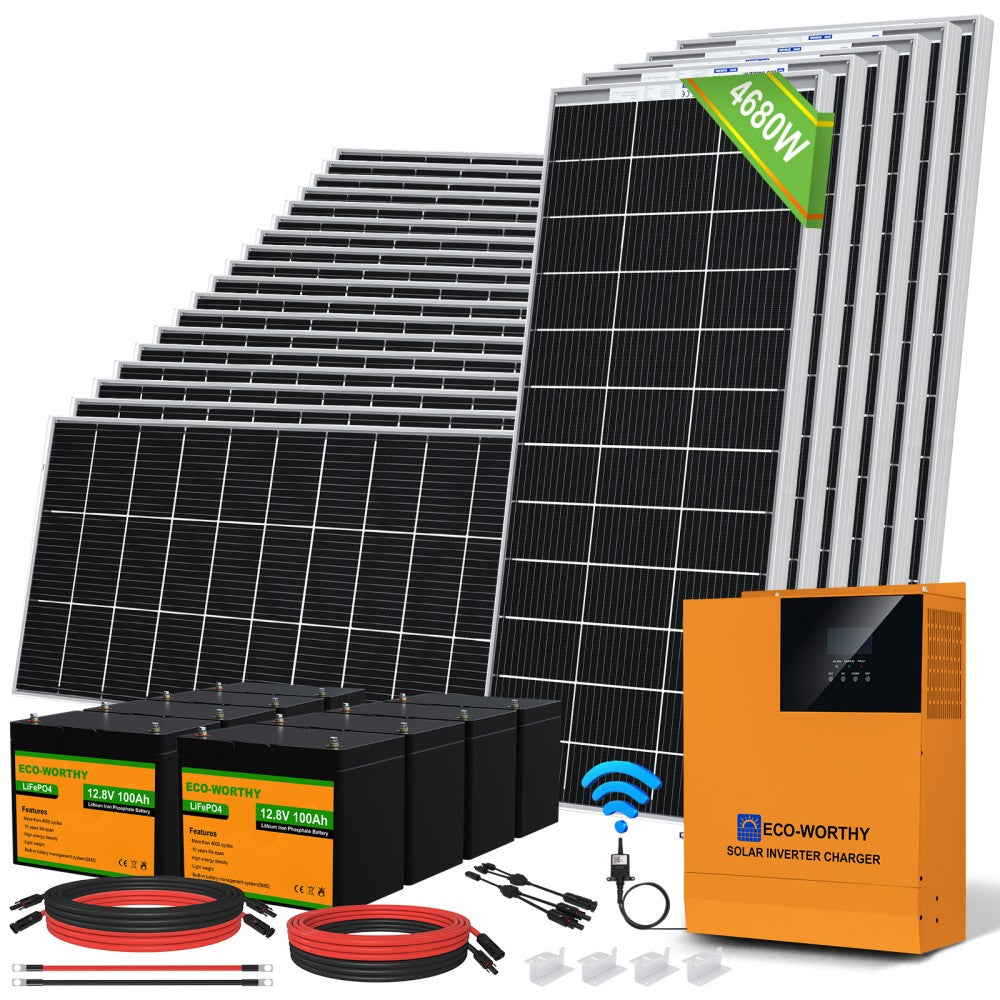The Ultimate Guide to Choosing the Right Off-Grid Solar System for Your Needs
Corps
In recent years, the demand for off-grid solar systems has surged, driven by the desire for energy independence and sustainability. But how do you choose the right system for your specific needs? This guide aims to provide a comprehensive overview of the factors to consider when selecting an off-grid solar solution.

Understanding Off-Grid Solar Systems
An off-grid solar system operates independently from the traditional electricity grid. It harnesses solar energy to power homes, cabins, or remote locations. The primary components of such a system include solar panels, a charge controller, batteries, and an inverter. By understanding these components, you can make informed decisions about your energy needs.
Key Components of Off-Grid Solar Systems
- Solar Panels: These capture sunlight and convert it into electricity.
- Charge Controller: This regulates the voltage and current coming from the solar panels to the batteries.
- Batteries: They store energy for use when sunlight is not available.
- Inverter: This converts the stored DC electricity into AC electricity for household use.
Assessing Your Energy Needs
Before investing in an off-grid solar system, it is crucial to assess your energy consumption. Consider the following questions:
- What appliances will you be using?
- How many hours per day will these appliances be in use?
- What is the total wattage of your devices?
By calculating your daily energy requirements, you can determine the size of the solar system that will adequately meet your needs. This assessment will guide you in selecting the appropriate number of solar panels and battery capacity.
Choosing the Right Off-Grid Solar Kit
When selecting an off-grid solar kit, consider the following factors:
- Quality of Components: Ensure that the solar panels and batteries are of high quality to maximise efficiency.
- System Size: Choose a system that matches your energy needs without excessive oversizing.
- Warranty and Support: Opt for products that come with a good warranty and customer support.
For a variety of options, you can explore  , which offers a range of off-grid solar kits tailored to different requirements.
, which offers a range of off-grid solar kits tailored to different requirements.
Maintenance and Longevity of Off-Grid Solar Systems
To ensure the longevity of your off-grid solar system, regular maintenance is essential. This includes cleaning the solar panels, checking battery health, and ensuring all connections are secure. By maintaining your system, you can optimise performance and extend its lifespan.
Conclusion
Choosing the right off-grid solar system requires careful consideration of your energy needs, the quality of components, and ongoing maintenance. By following this guide, you can make an informed decision that aligns with your lifestyle and energy goals. Embrace the freedom of energy independence with a well-selected off-grid solar solution.









commentaires